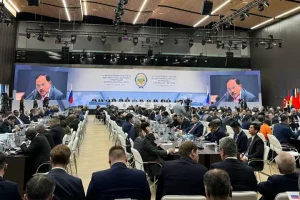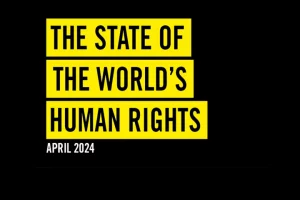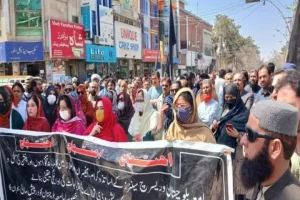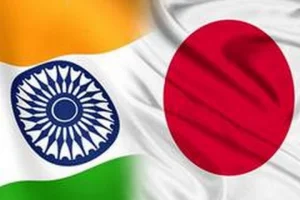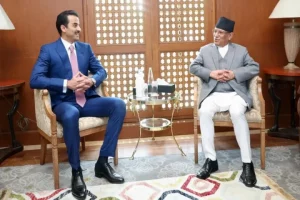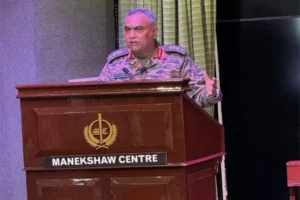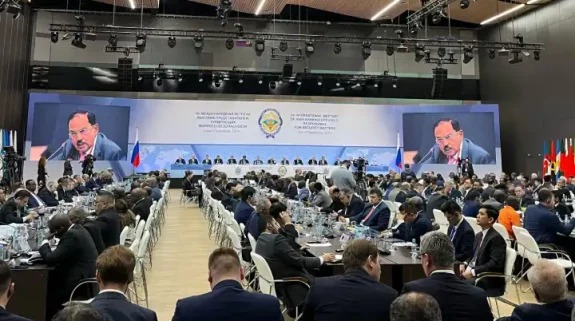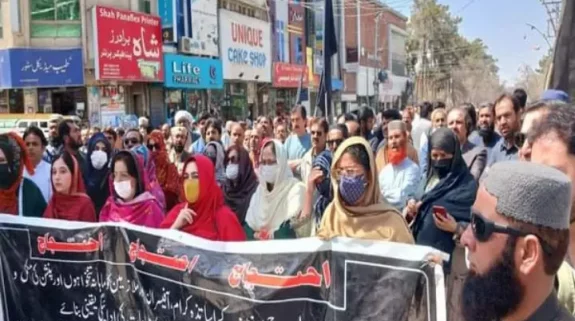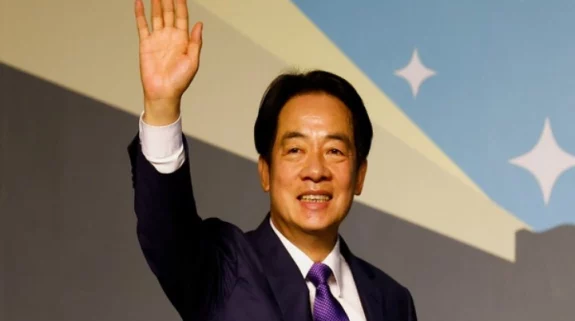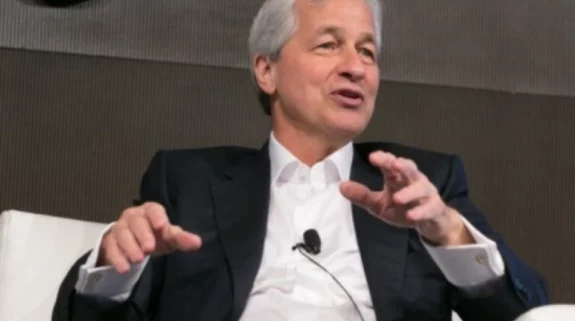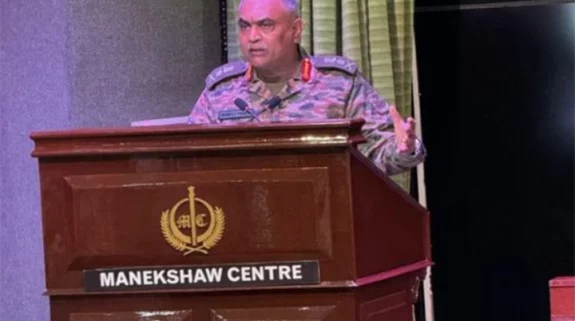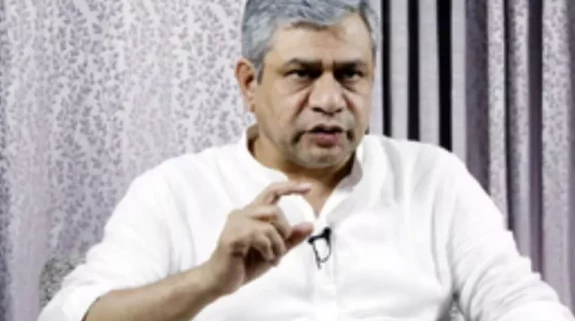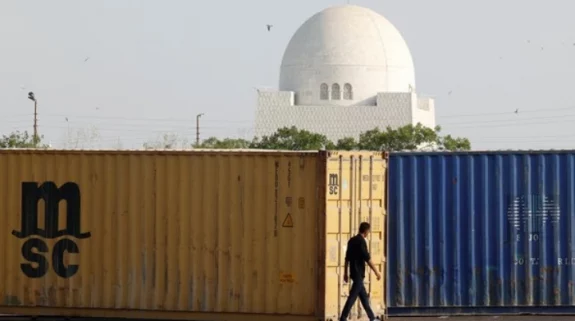<strong>In June, an unprecedented 50 United Nations human rights experts issued a joint statement expressing concerns at the Chinese government's mass violations in Xinjiang, Hong Kong, and Tibet, the suppression of Covid-19-related information, and the targeting of human rights defenders across the country.</strong>
Now, as many as 321 civil society groups from more than 60 countries around the world have written an 'open letter' pleading that the United Nations should urgently create an independent international mechanism to address the Chinese government's human rights violations.
The signatories stressed the need to address rampant human rights violations across China. They also highlighted the impact of China’s rights violations worldwide, including the targeting of human rights defenders, global censorship and surveillance, and rights-free development that has caused environmental degradation.
"China's disdain for human rights no longer affects only its citizens—its support for dictators and efforts to rewrite international standards are making the work of defending human rights harder than ever," said Sarah Brooks, Brussels Liaison at the International Service for Human Rights. "This joint statement, for the first time, unites organizations from around the world fighting for their own communities with common cause."
The groups—from Action des Chretiens pour l'Abolition de la Torture au Burundi in Burundi to ALTSEAN in Burma, Arab Watch Regional Coalition to Australia Tibet Council, Campaign for Uyghurs to Chinese Human Rights Defenders (CHRD), Vancouver Society of Freedom, Democracy & Human Rights for China to Vietnam Human Rights Network—hailed from all corners of the globe and called for "decisive measures to protect fundamental freedoms in China."
The signatories totaled 321 organizations, including 39 organizations who chose to remain anonymous.
<img class="wp-image-13066 size-large" src="https://indianarrative.com/wp-content/uploads/2020/09/bad0a8c5b0f02fae1722d60706c42230-1024×627.jpg" alt="" width="1024" height="627" /> Situation had turned ugly in Hong Kong Special Administrative Region (HKSAR), recently (Xinhua/IANS)"A state that tries to hold itself above any kind of scrutiny presents a fundamental threat to human rights. That China—a state with extraordinary global power—expects such treatment affects us all," they wrote in the letter.
"We therefore endorse the call by UN experts for a Special Session of the Human Rights Council to evaluate the range of violations by China's government, and to establish an impartial and independent UN mechanism to closely monitor, analyze, and report annually on that topic. We urge the UN Secretary-General to appoint a Special Envoy, consistent with his Call to Action on Human Rights, and we call on the High Commissioner for Human Rights to fulfil her independent mandate to monitor and publicly report on China's sweeping rights violations. We support the call that UN member states and UN agencies use all interactions with Chinese authorities to insist that the government comply with its international human rights obligations."
This comes at a time when Bill Birtles of the Australian Broadcasting Corporation, who took shelter in Australia's embassy in Beijing, and Michael Smith of the Australian Financial Review, who took refuge in Australia's Shanghai consulate, were 'rescued' and flown back to Sydney earlier this week after a huge diplomatic standoff.
"Australian media organizations have no accredited journalists in China for the first time in almost 50 years after the last two correspondents were forced out of the country following a tense diplomatic standoff," reported The Sydney Morning Herald.
The duo could still fall back on Australia's ambassador to China, Graham Fletcher, who led the negotiations for nearly a week. However, as Elaine Pearson from Human Rights Watch said, "… for Chinese journalists and activists, there is no foreign embassy to come to their rescue. Journalists and bloggers in China take enormous risks to investigate and report on stories that the China government deems to be sensitive. In February, citizen journalists Chen Qiushi and Fang Bin were forcibly disappeared in Wuhan for reporting independently on the Covid-19 pandemic. They haven’t been heard from since."
She also notes how fewer foreign journalists in the country means less scrutiny of China's human rights record at a time when serious abuses are increasing.
Unlike other members of the United Nations, the Chinese government has not issued a standing invitation to UN independent experts to conduct official visits. In the last decade, despite many requests by Special Procedures, the government has permitted only five visits by independent experts (pertaining to rights involving food, discrimination against women and girls, foreign debt, extreme poverty and older persons).
"China has systematically persecuted rights defenders in reprisal for their cooperation with UN human rights operations—torture, enforced disappearance, imprisonment, and stripping licenses from lawyers. The UN system should no longer tolerate such treatment," said Renee Xia, director of Chinese Human Rights Defenders.
But the abuse of human rights continues in China, because the law doesn't really matter to Xi Jinping..







